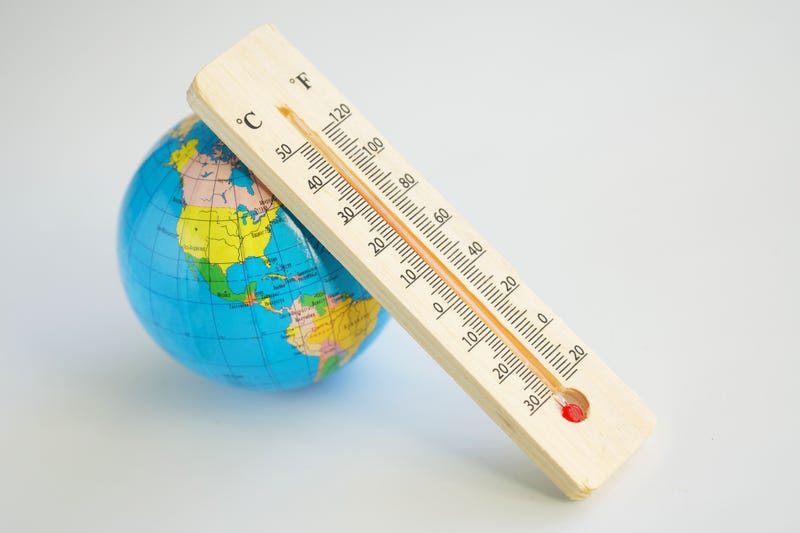
A new study has found that the Earth is on pace to surpass a crucial warming threshold by 2029, blowing past internationally agreed-upon temperature limits.
The study, published in Nature, predicts that the world will eventually hit an increase in global temperatures of 1.5 degrees Celsius three years sooner than initially predicted.
The 1.5-degree increase was a threshold set by world leaders in the 2015 Paris Agreement, where nations vowed to cut carbon emissions in an effort to reduce the increase in global temperatures by 2032.
Researchers calculated in the study the remaining “carbon budget,” or the fossil fuels the world can burn, and still have a 50% chance of limiting warming to 1.5 degrees Celsius since preindustrial times.
The study reported that in the last decade alone, the average temperature is already 1.14 degrees Celsius hotter than in the 19th Century. 2022 alone was 1.26 degrees warmer, and scientists expect this year to blow past that number.
The dangers of the Earth’s heating is something the United Nations has warned about for years, sharing in a report earlier this year that the risk of catastrophes would increase, as most of the world’s coral reefs would likely die, a key ice sheet could kick into an irreversible melt, and water shortages, heat waves, and extreme weather would become more common.
But when it comes to the carbon budget the Earth has left, scientists set the number at 250 billion metric tons. Currently, the world is burning a little over 40 billion metric tons a year.
With nine years remaining on the climate goal, scientists predict in the report that the Earth will hit the warming goal in the early months of 2029.
“It’s not that the fight against climate change will be lost after six years, but I think probably if we’re not already on a strong downward trajectory, it’ll be too late to fight for that 1.5-degree limit,” study lead author Robin Lamboll, an Imperial College of London climate scientist, said in a statement.
Still, the study says that even though the carbon budget will run out early in 2029, the world won’t hit the 1.5-degree mark immediately, as the actual temperature change could happen a bit earlier or as much as a decade or two later, Lamboll said.
But while they don’t know when, Lamboll says for sure that once the budget runs out, it will happen.
Follow KNX News 97.1 FM
Twitter | Facebook | Instagram | TikTok
